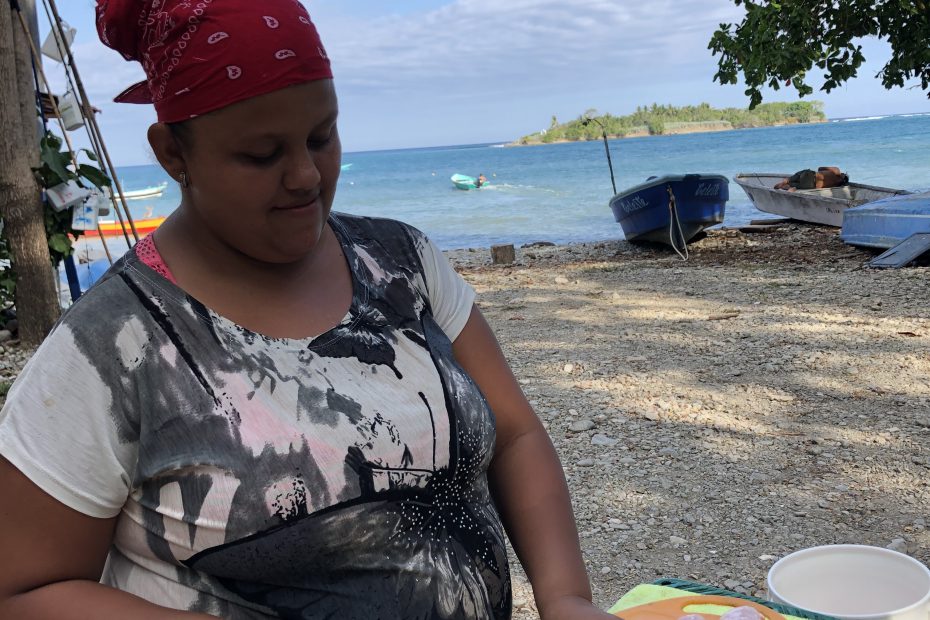Contributed by Gisela Alvarado and Vivienne Solis, CoopeSoliDar RL
Costa Rica has been a country recognized worldwide for having a very rich marine biodiversity. At the same time, this Central American country also has a strong cultural identity near the sea, and a way of life linked to fishing in its coastal marine areas.
we need to move towards justice and equity in the distribution of benefits derived from the conservation and sustainable use of fisher resources. This must be done integrating, recognizing and seeking actions for the decent work for fisherwomen and small-scale mollusk women urgently.
In this sense, it is important to note that, despite the marine conservation efforts carried out by the country, the recognition and opportunities for the people of the sea are still a pending task. The work should mainly be done to recognize the work of fisherwomen and mollusk women, who participate in pre, fishing and post-fishing activities and are fundamental to advance towards a fair and equitable development in the coastal-marine territories of the country.
Fisherwomen are mainly in charge of pre-harvest tasks such as: preparation of bait, ordering of the fishing line (lujado) and preparation of the necessary equipment to capture the product. This pre-fishing activity is rarely recognized in the fisheries value chain. Fisherwomen also fulfill a triple working day that is assumed almost entirely in the case of Costa Rica: they take care of children, elderly, and attend the household chores and in some cases they participate in activities carried out for the well-being of their fishing communities.
The post-harvest work in which also fisherwomen participate are related to cleaning the product, preparing it and vacuum sealing it for its respective sale, also cleaning the boat after harvest and unload the product once at the beach. The work of fisherwomen is of enormous importance for the different value chains of small-scale fisheries where women are also directly involved in the sustainable use of mollusks, also as shrimp processors and peelers. They work in rivers, in seas, in mangroves and lakes.
Towards the future and with the aspiration of a strong global framework for the conservation of biodiversity by the year 2030, we need to move towards justice and equity in the distribution of benefits derived from the conservation and sustainable use of fisher resources. This must be done integrating, recognizing and seeking actions for the decent work for fisherwomen and small-scale mollusk women urgently.

